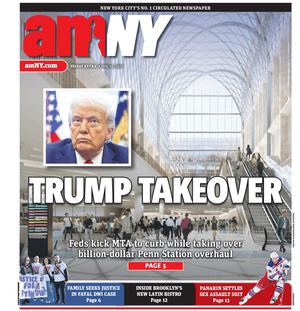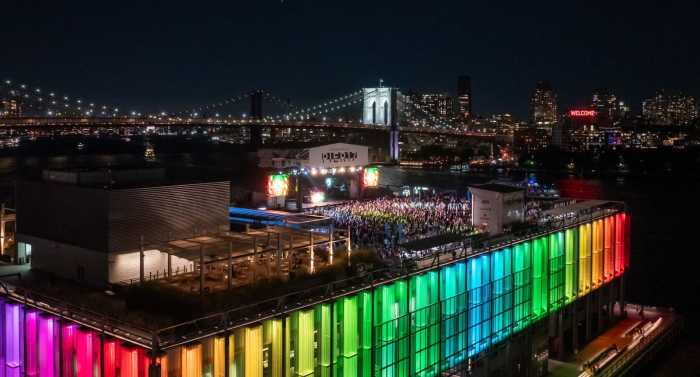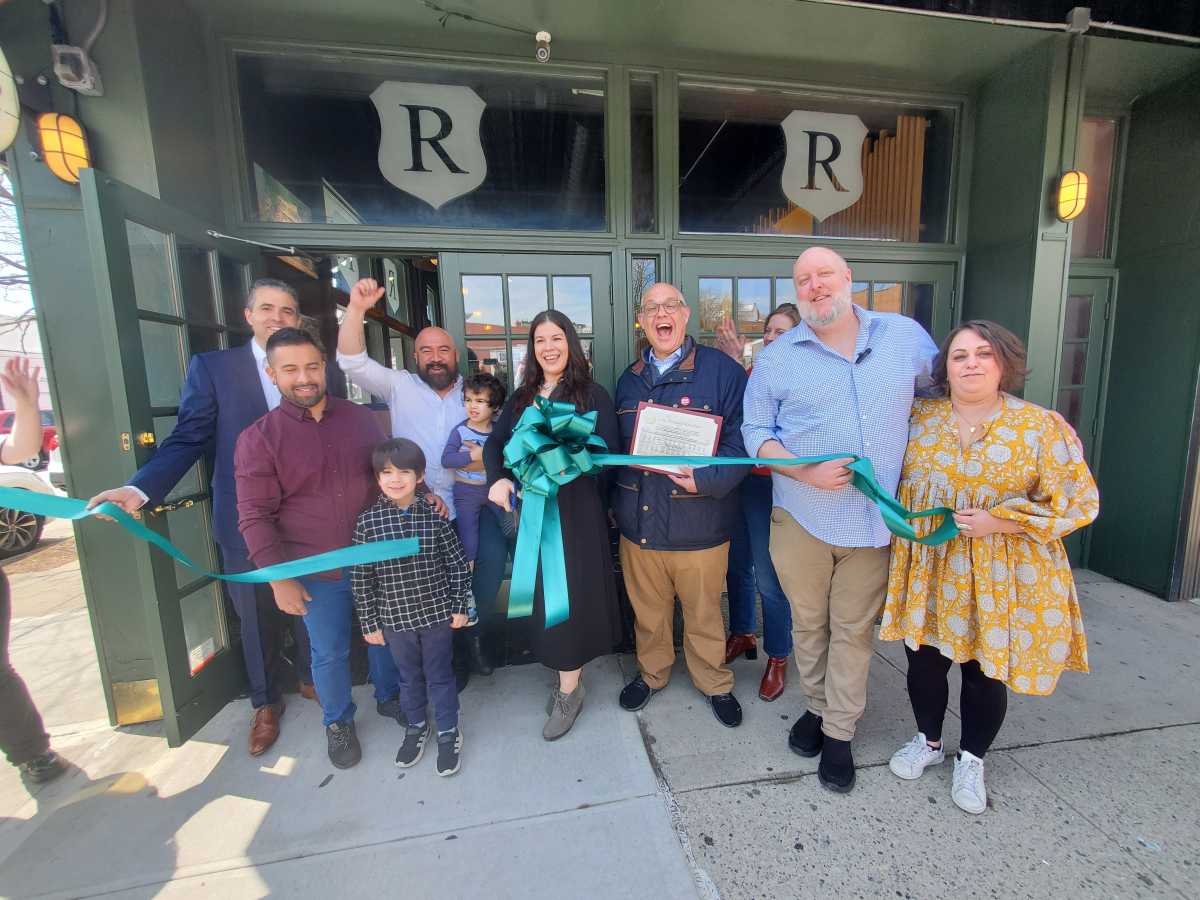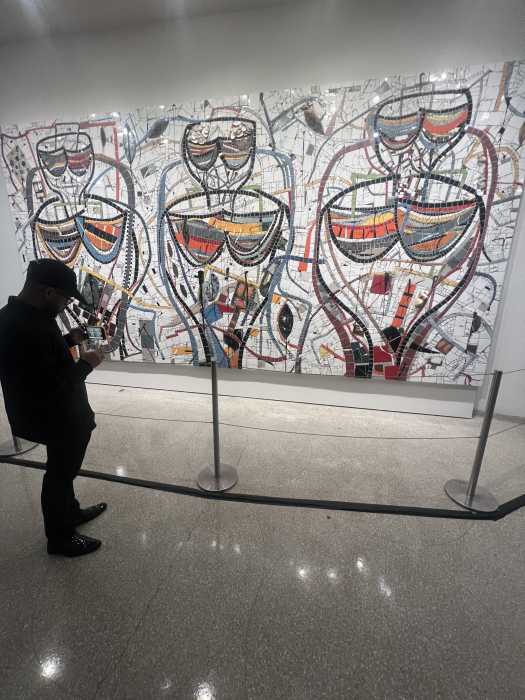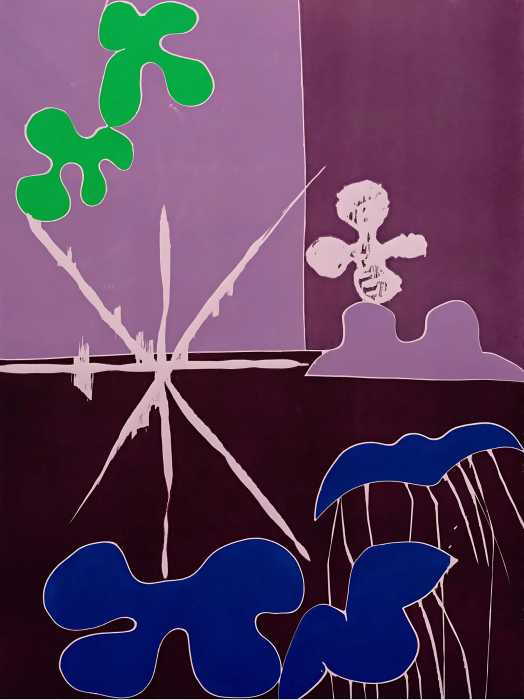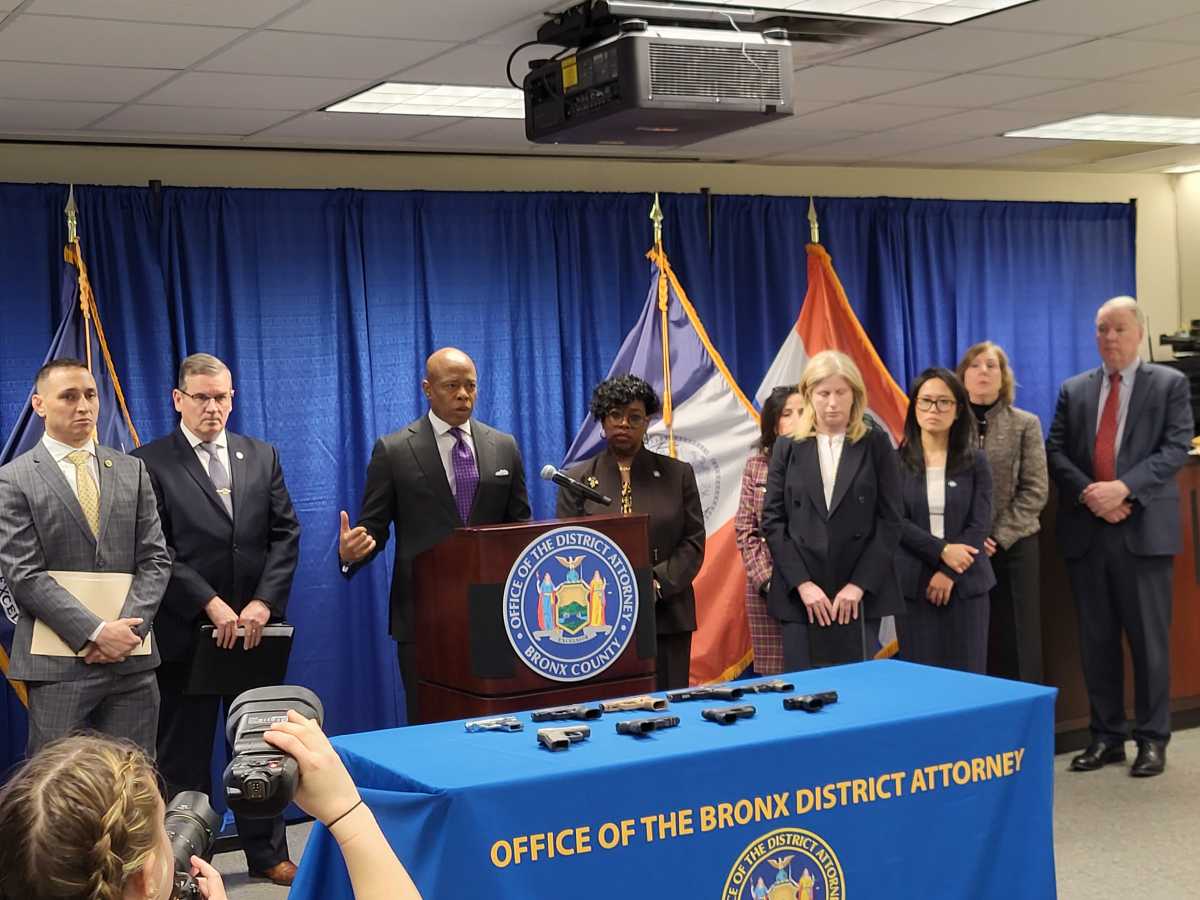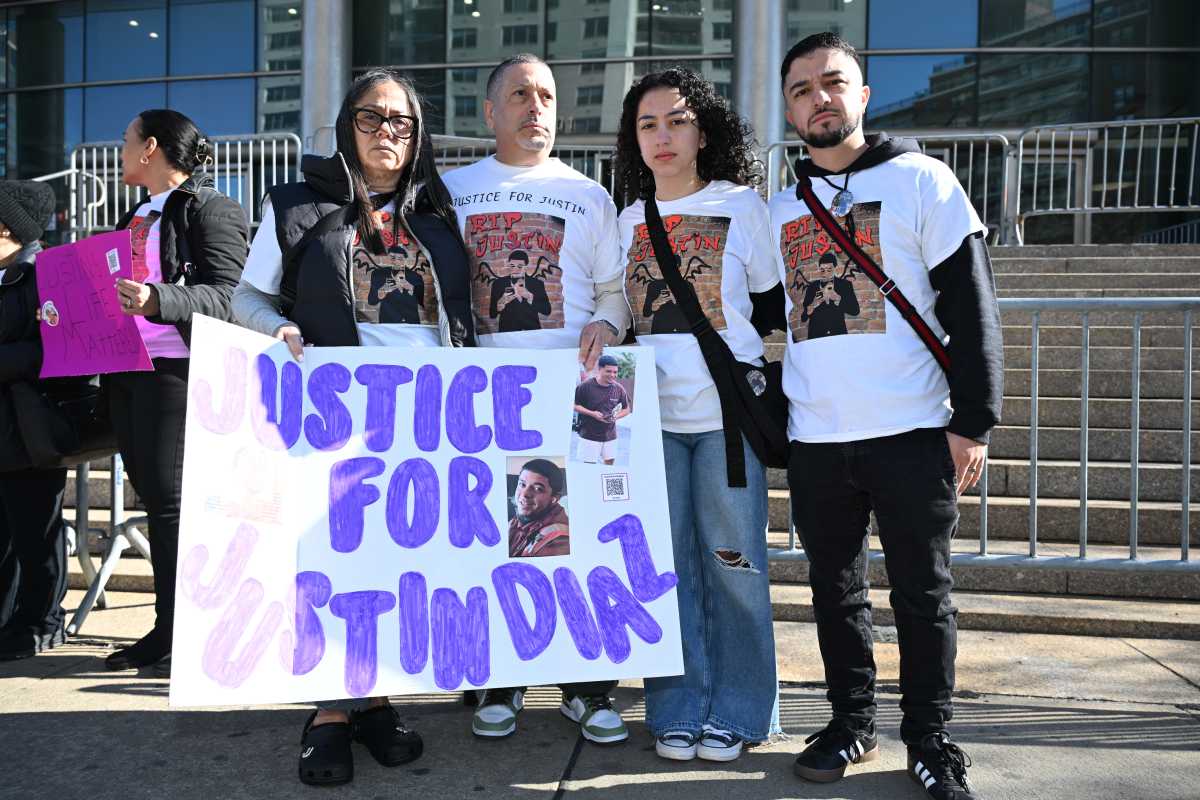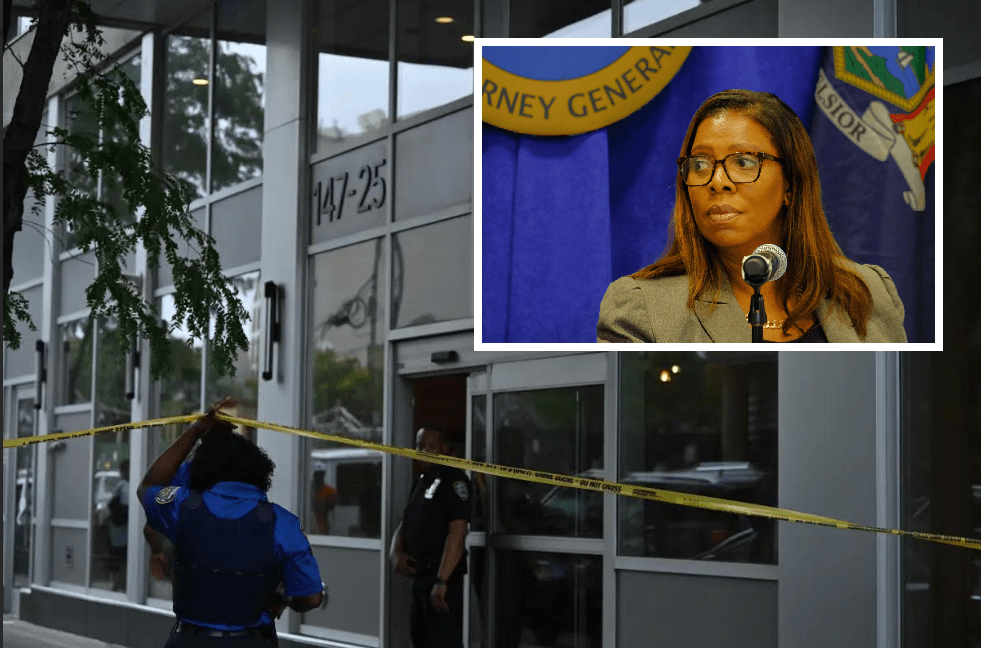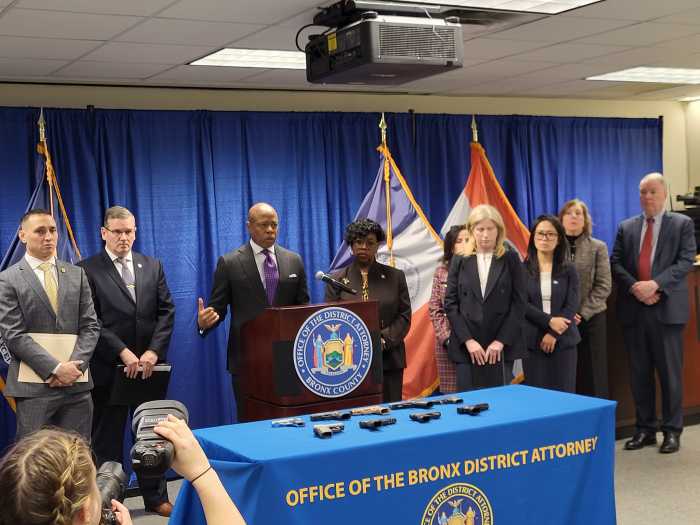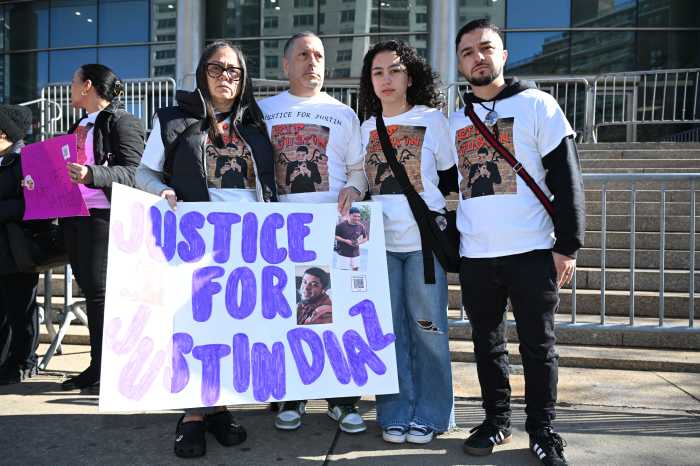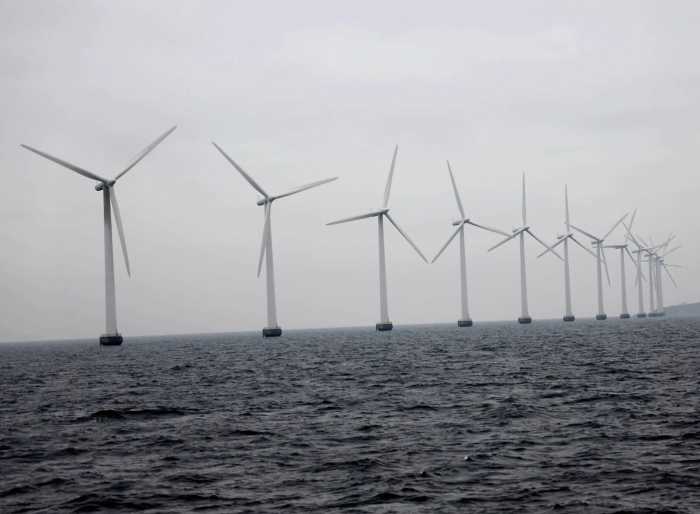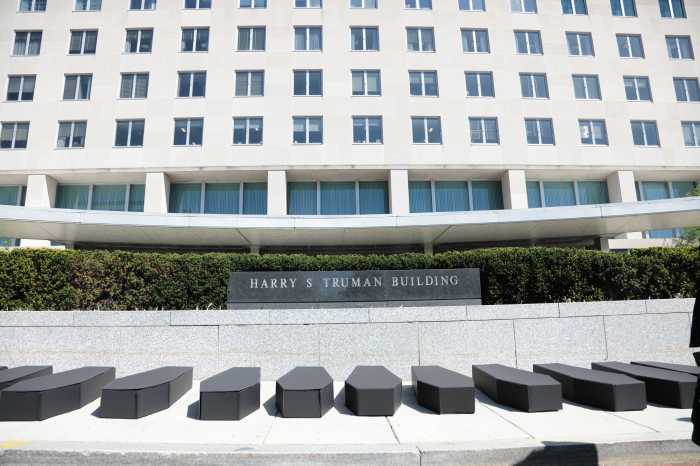
Tom Howie and Jimmy Vallance met about 3,000 miles away from Manhattan’s Pier 17, in Vancouver, during high school. It took separate moves to New York for them to connect musically, and the prodding of record label Scissor and Thread for them to take the moniker Bob Moses, a name swiped from the “master builder” of NYC.
“It was sort of a fun thing that we did with the label — all the artists’ names had to be some sort of reference to New York, or like some character, some caricature of a New York icon or New York figure,” Howie tells us. “I actually really like the way it ties us to New York. … I don’t agree with the things that made him controversial. I think that it’s an interesting sort of story, to be to named after somebody who kind of was a bit controversial in some respects.”
We recently chatted with Howie about the city, the duo’s sound, and being road warriors, in advance of Bob Moses’ performance at Pier 17.
Is this a sort of homecoming for you two?
I think every time we play in New York, it feels that way. I mean, we were both transplants there. We grew up elsewhere. But Bob Moses, the band, definitely was birthed in New York and is the band it is because of New York. And we’re really excited this time, because it’s our biggest show ever in New York, our biggest headline show ever. We’re excited.
"Battle Lines," your second album, sounds a little more organic, less electronic, than the first. Was that intentional?
We’re very much a byproduct of our live environment. When we were first starting, we were running in the New York warehouse scene. We’re going to these big raves, and we were playing raves. So, our music was sort of made with that in mind. And then with [debut album “Days Gone By”] coming out, we started playing a lot more festivals. First, we added Jimmy playing keys, and then we added a drummer, and it just got a bit more live. We were trying to push ourselves and trying to make the live experience more exciting for us and for concertgoers. And so, I think that when we were making our second album, that experience really informed the music in a big way.
As a band, how do you translate those hybrid electronic/organic sounds into a live performance?
When you’re in the studio, you don’t want any limitations on your creativity. You want to try and be as open and free as possible, and then worry about how we’re going to play this live later. … We always just go with it and use the studio as an instrument to the max of its capability and our capability. And then we figure out how to play it live later.
It seems, on some level, like the duo has consistently been on the road and playing shows since releasing that first album in 2015. How exhausting has that been?
We “took a year off” to record, but we still did 70 shows that year. One time we did 14 shows in 13 days in Europe, all flying in between, going to the airport every time. It was a [expletive] nightmare. So that was not fun. You just need to learn. It’s like anything — if you take a month off, and you’re drinking every night, staying up late and sleeping in, and then you go back to your work and you need to be up at seven every morning and in the office by eight, you can’t have six beers the night before.
How many times do people ask you, “Which one of you is Bob?”
All the time. And the best is when somebody’s trying to get backstage or get into the DJ booth or something, and they’re like, “I went to high school with Bob.” Right away, you know that guy’s full of [expletive].
If you go: Bob Moses performs 6 p.m. on Saturday at Pier 17, 89 South St., pier17ny.com, sold out.
